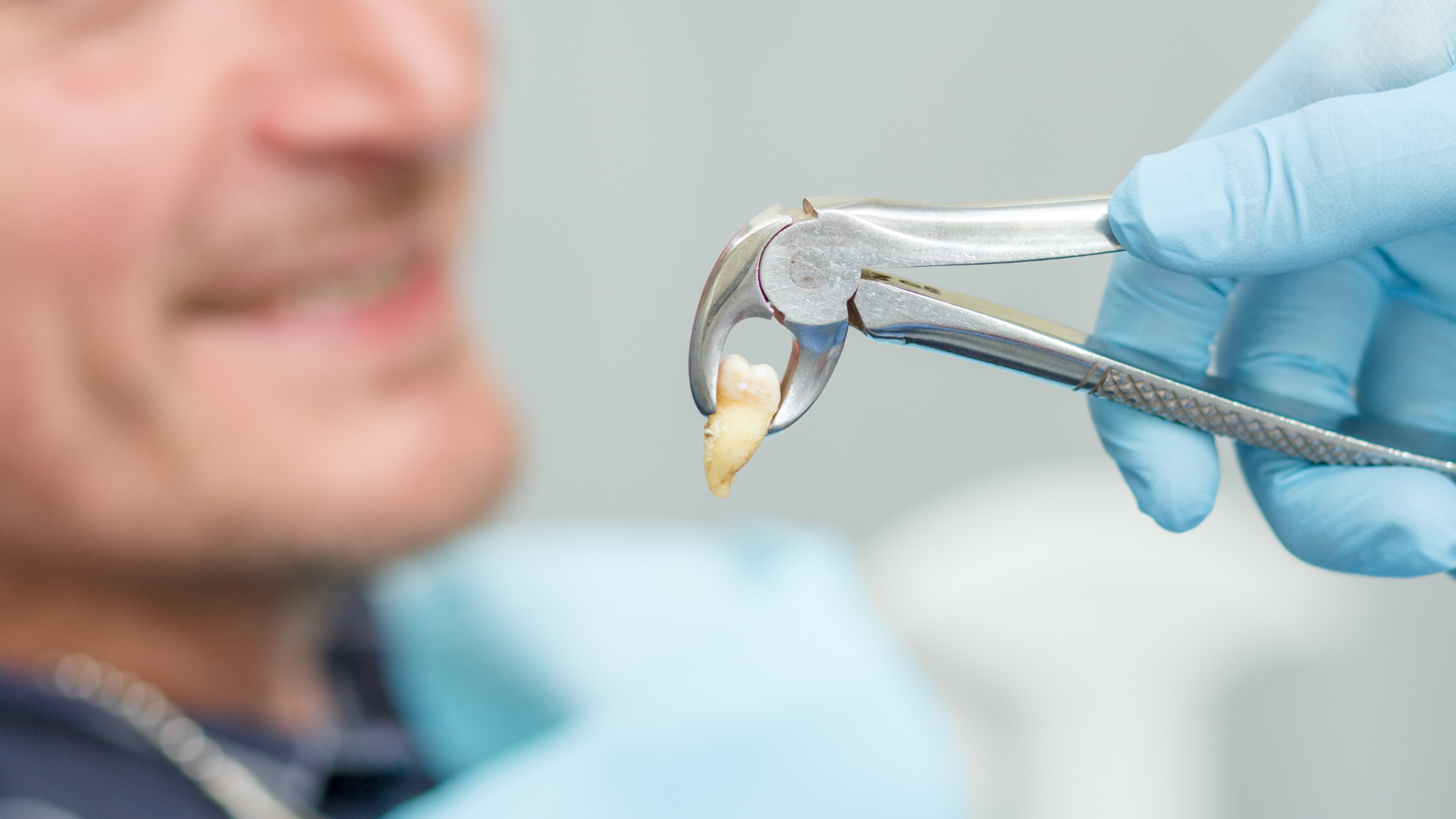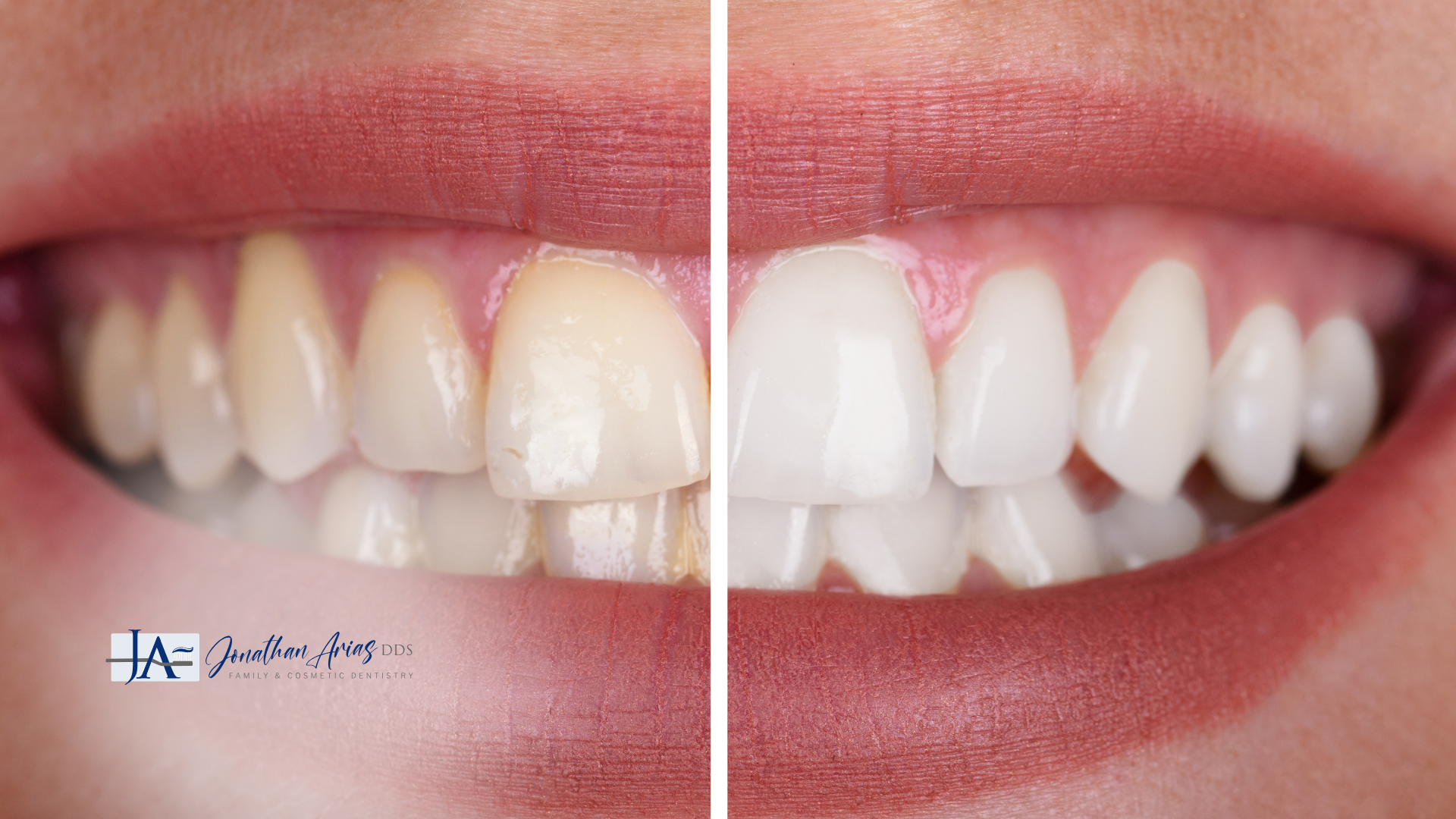Understanding the Why's and How's of Root Canal Therapy
Understanding the Why's and How's of Root Canal Therapy
Root canal therapy, often simply called a root canal, is a dental procedure designed to save severely infected or damaged teeth. This treatment is an invaluable tool in modern dentistry, as it eliminates the need for tooth extraction, maintaining the natural structure and functionality of your mouth.
But why is it necessary? A root canal becomes essential when the tooth's inner soft tissue, known as the pulp, becomes inflamed or infected. This can be due to deep decay, repeated dental procedures on the same tooth, a chip or crack in the tooth, or severe injury. The infection can cause severe tooth pain and, if left untreated, may lead to an abscess or serious damage to the surrounding tissue.
The process of a root canal is more straightforward than most people imagine. It starts with local anesthesia to numb the area around the tooth, ensuring your comfort throughout the procedure. The dentist or endodontist (a dentist who specializes in treating the inside of teeth) will then create an opening in the crown of the tooth to access the infected pulp. Using specialized tools, the infected or inflamed pulp is removed, and the interior of the tooth is carefully cleaned and shaped to make room for a filling.
Once cleaned, the root canal and pulp chamber are filled with a biocompatible material, usually a rubber-like substance called gutta-percha. The filling is then sealed with adhesive cement to ensure complete sealing of the root canals.
In most cases, a temporary filling is placed to close the opening, which is later replaced by a crown or other restorative solution to protect and restore the tooth to its full function.
Understanding the 'why' and 'how' of root canal therapy can ease your anxiety about the procedure and help you appreciate its crucial role in dental health and the preservation of natural teeth.

Hours & Address
Monday: 9am - 6pm
Tuesday: 9am-6pm
Wednesday: Closed
Thursday: 9am-6pm
Friday: 8am-2pm
Saturday & Sunday: Closed










